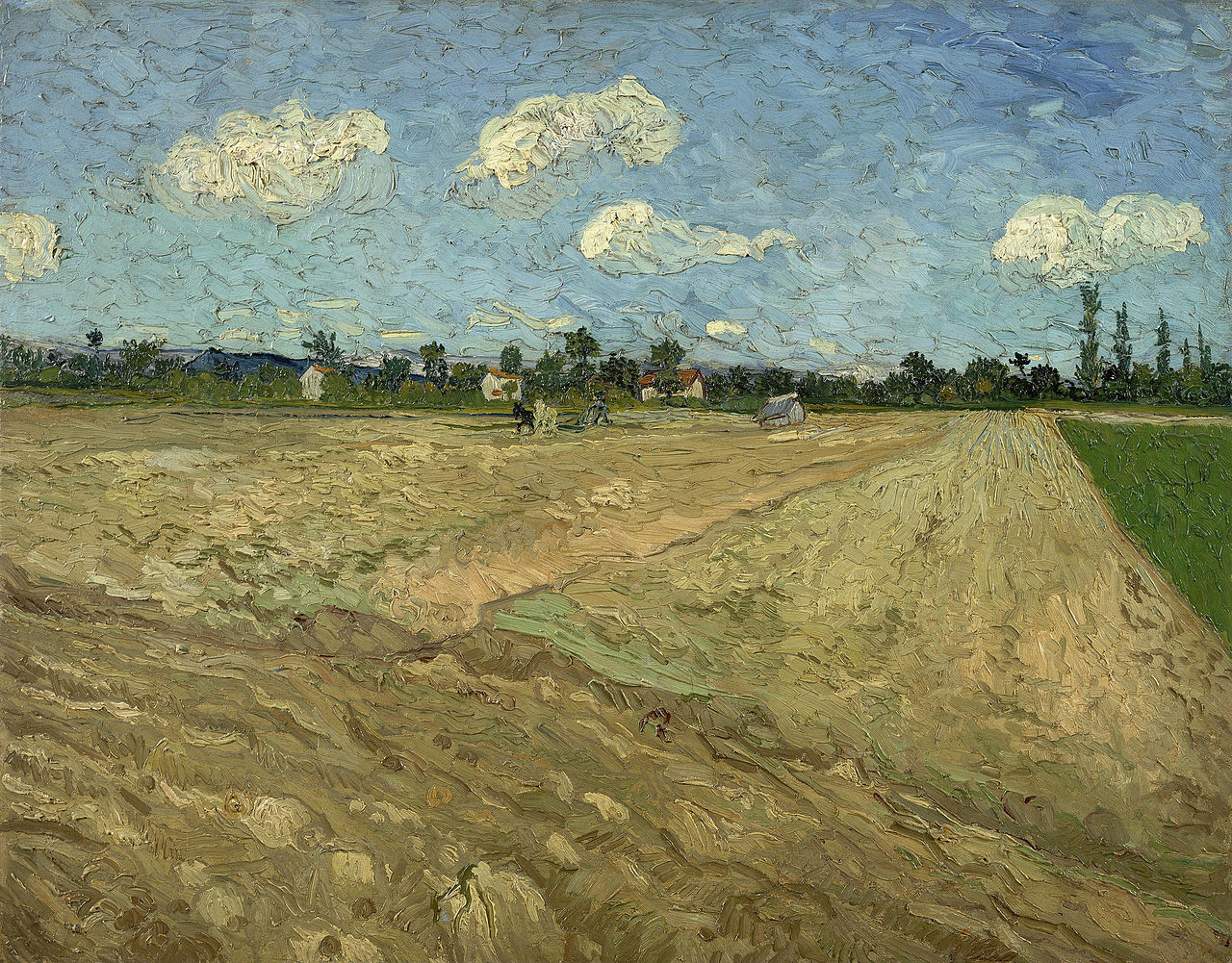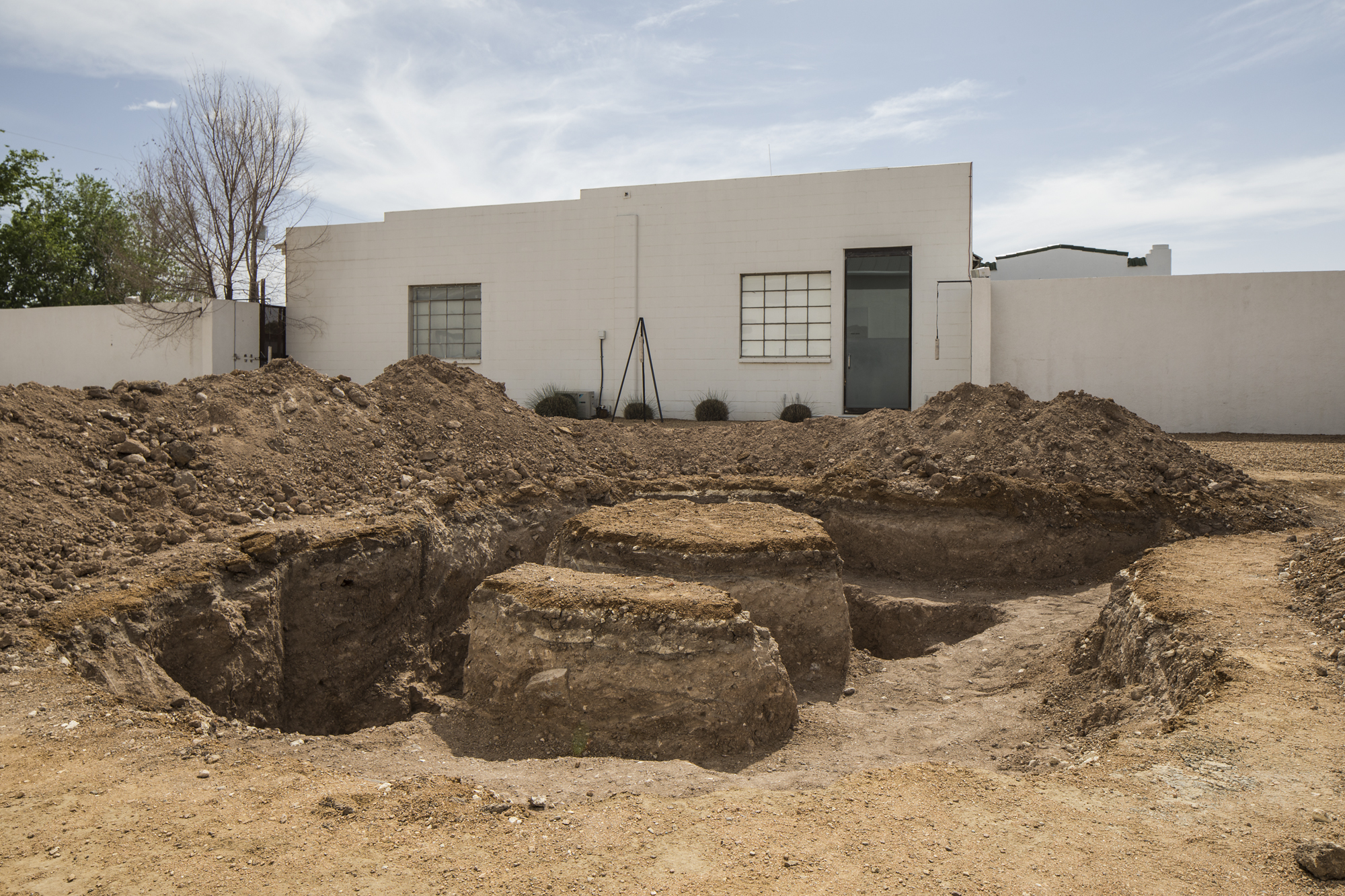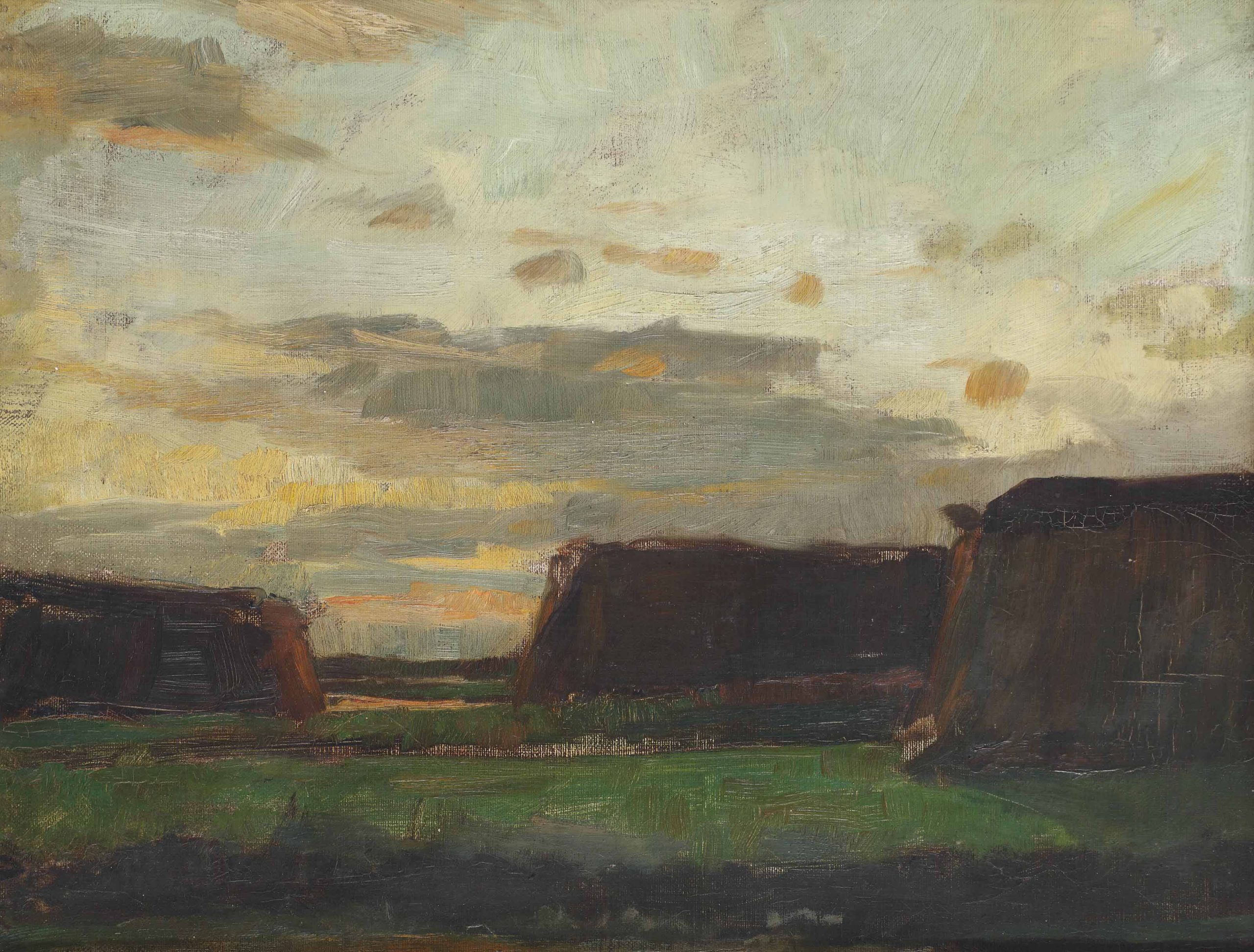Tag: Fields
-

Kenyan Roses for the Kingdom
During a residency in London in 2019, I developed a research and artistic project around the cut rose industry in Kenya. This was linked to on the one hand to the biography of wildlife activist Joan Root and on the other to past British colonial entanglements that are nevertheless still valid and problematic until today….
-

Cereal
Once, more than 10,000 years ago, Triticum – cereal – was a wild-growing genus with many varieties. Due to their nutritious grains, some of these varieties were cultivated by humans. The resulting access to a more structured food source lead to a whole new form of living, eating and digesting. A process that simultaneously affected…
-

Holding Hands with the Land
They mix, knead, pour, roll, and pinch off hidden tastes. They leave streaks of butter on my glasses or fingerprints of flour on my clothes. Scattered burns, cuts, and calluses make them mine. Pleasantly sore wrists accompany me to bed many nights. But what I love most about my hands is the way they create…
-

To Dig a Hole (You Create a Heap)
Here’s a joke… Question: Who made money during the Gold Rush? Answer: The ones who sold the shovels. “You were asked to dig a hole? Do you understand how that sounds very strange?” When I told this to a friend, they seemed perplexed. And while I was initially confused by their response,…
-

Enemy of the State
Botanical illustrations of the early modern period (1550-1800), the “big science” of their day, served as documentation of useful plants found in colonial territories. Plants such as tobacco, sugar cane, cinnamon, cotton and tea were but a few items deemed reliable “cash crops” during this era of global economic expansion. Botanical illustrations led the way…
-

Revisiting a Geography of Hope
To be a farmer, at any point in history, means you grow food. You steward the land – soil, water, air, energy, plants, and animals – and make a living from its increase. It seems simple, at least in purpose, if not in practice: Grow good food. Now, in the twenty-first century, awareness is growing…
-

Fields of Knowing
Orientation First, know food From food All things are born By food they live Toward food they move And into food they return ~~ Upanishads How do we come to know food? Our visual poetic has emerged over a three-day collaborative process in response to The Learned Pig’s current theme of Fields….
-

Landscape Amnesia
As the last horse trailer passes you by on the potholed road you take an exit. Across a green pasture you park the car. You stretch your legs. Gravel grinds underneath the feet while walking towards the bar – “Tattan’s Ring View Bar” it reads on the yellowish plastered building. Flowers in pots await under…
-

Rural Art is…
This is an extract from Myvillages, ‘Rural Art Is…’, in The Rural, eds. Kathrin Böhm and Wapke Feenstra (London: Whitechapel Gallery/Cambridge, MA: The MIT Press, 2019) If you don’t like monocultures – whether in art or agriculture or elsewhere – you will like this book. The Rural questions and frustrates the current cultural hegemony…
-

Editorial: Fields
In May 1982, American artist Agnes Denes began to transform a two acre empty plot at the foot of the World Trade Center into her work Wheatfield – A Confrontation, Battery Park Landfill. In the prior months, truck loads of dirty landfill had been dumped on the site, consisting of rubble, dirt, rusty pipes, automobile…
-

Open Call: Fields
*** Fields is currently closed for submissions. We will reopen again soon. You can sign up to our newsletter for updates. *** In May 1982, American artist Agnes Denes began to transform a two acre empty plot at the foot of the World Trade Center into her work Wheatfield – A Confrontation,…